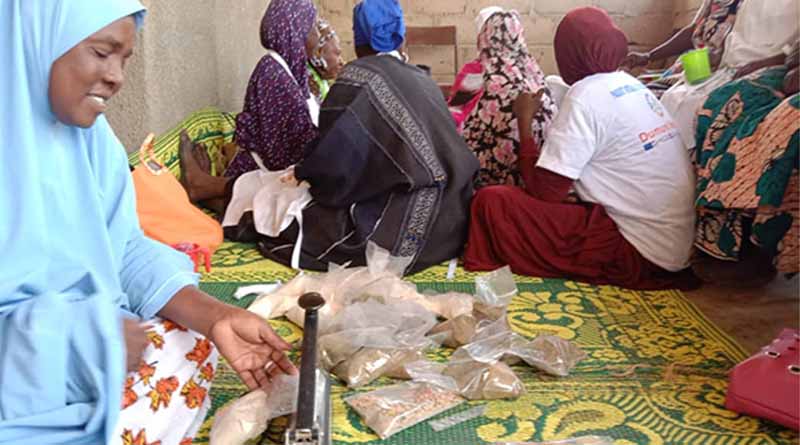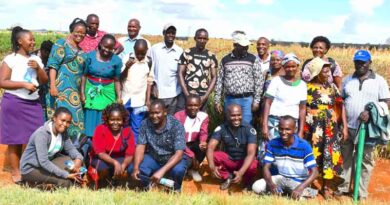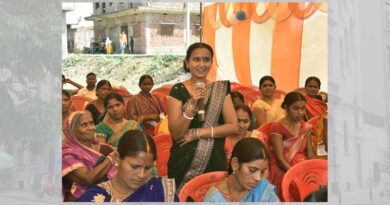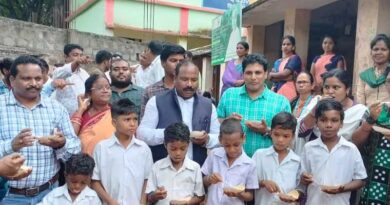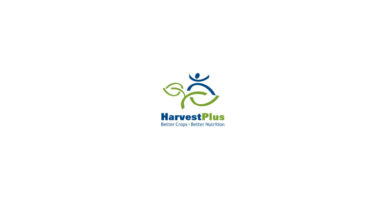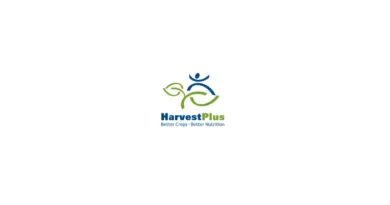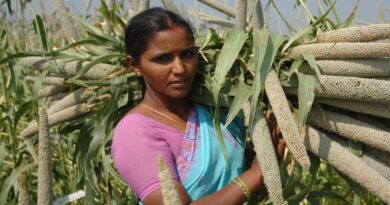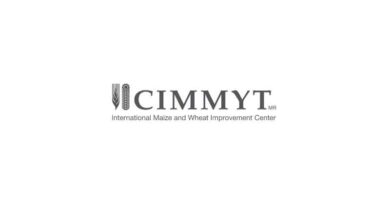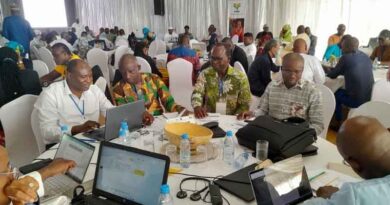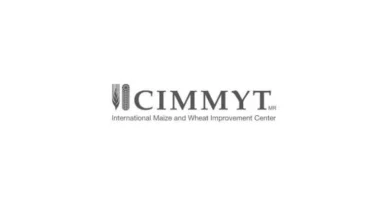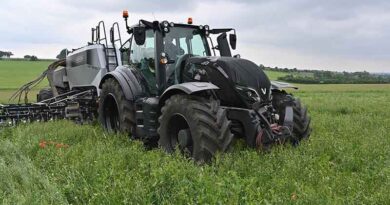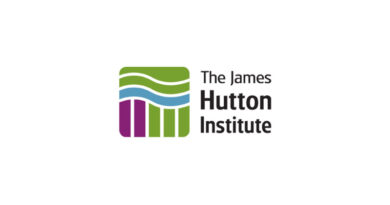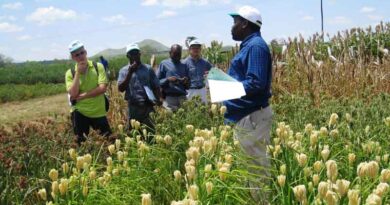Mali women in conflict zones aim to expand markets for tasty, nutritious millet products
16 October 2023, Ghana: Mariamma Maiga* from western Mali makes ready-to-cook products from a new locally grown millet bred to be higher in iron and zinc. She is part of a women’s group that provides nutrient-rich millet to school canteens and health-care centers in conflict zones. The women aspire to mechanize the processing, brand their products, and market them to more communities.
As a woman, earning a living in a conflict zone is no easy task. Access to food and health care can be challenging, and the danger of violence is a reality here. However, being part of a group that helps to earn a living and is also part of a bigger mission serving the community can give life meaning and direction.
Perhaps this is why the region’s close-knit women’s entrepreneur groups are not just content to survive but aspire to thrive, even in these difficult situations.
For Mariamma Maiga from Gao village and the 29 other women she works with, their job starts with procuring grains for making nutritious cereal-legume flour and semolina mixes. Biofortified pearl millet and sorghum are the base ingredients, with rice, groundnut, and cowpea added to improve both nutrition and taste. Women’s groups were trained on how to produce the products with the biofortified millet.
The biofortified and higher-yielding pearl millet variety Chakti with Its higher iron and zinc content, can prevent anemia in women and children. It was developed by the International Crops Research Institute for the Semi-Arid Tropics (ICRISAT) breeders and spearheaded by HarvestPlus. It was first officially released in Niger in 2018 and later spread to Mali, Burkina Faso, Ghana, and Senegal.
“The variety has passed the taste test with children in school midday meal schemes. It was tailor-made to survive the desert-like conditions of the region,” said Dr Almamy Sylla, Scientific Officer at ICRISAT.
Currently, the women hand-pound the flour and hand-mill the semolina. The ready-to-eat products in their product line, like doughnuts and peanut butter, are also handmade. Despite the hard work, the women persist in what they do, and they have their reasons.
Maiga said, “Our group makes a profit of CFA100,000 [about US$162] a month, which is saved in a thrift group, and being in the group contributes to participating in community life. I am respected because of my work. Other women want to join too, as they see it as a stable activity.”
“Men, too, are part of the group as they are needed to facilitate activities that must be vetted by community leaders, in keeping with the cultural norms.”
There are 30 women’s groups throughout five regions (Koulikoro, Segou, Bandiagara, Gao, and Tombouctou), with at least 30 women in each group. Except for Koulikoro, the rest are conflict zones.
Plans to expand and identify avenues for building capacity
The women are keen to spread the benefits of this biofortified millet and foods beyond their local neighbors, which means finding ways to improve their processing or saving time to scale up production.
Now, the women’s group is looking at mechanizing the process.
Dr Sylla, who presented the findings** of his study about what capacities the women wanted to develop, said the women were looking for opportunities to grow their processing group to generate higher revenues and stable jobs for women.
The next planned training will enable women to brand their products, apply for food safety certification, learn to maintain their business accounts and sell their products outside Mali.
This pilot project that introduced the women’s group to biofortified millet was started in 2022 with the support of the UN World Food Programme and ICRISAT.
Also Read: International Tractors Limited (ITL) launched 5 new tractor series under the brand Solis
(For Latest Agriculture News & Updates, follow Krishak Jagat on Google News)

